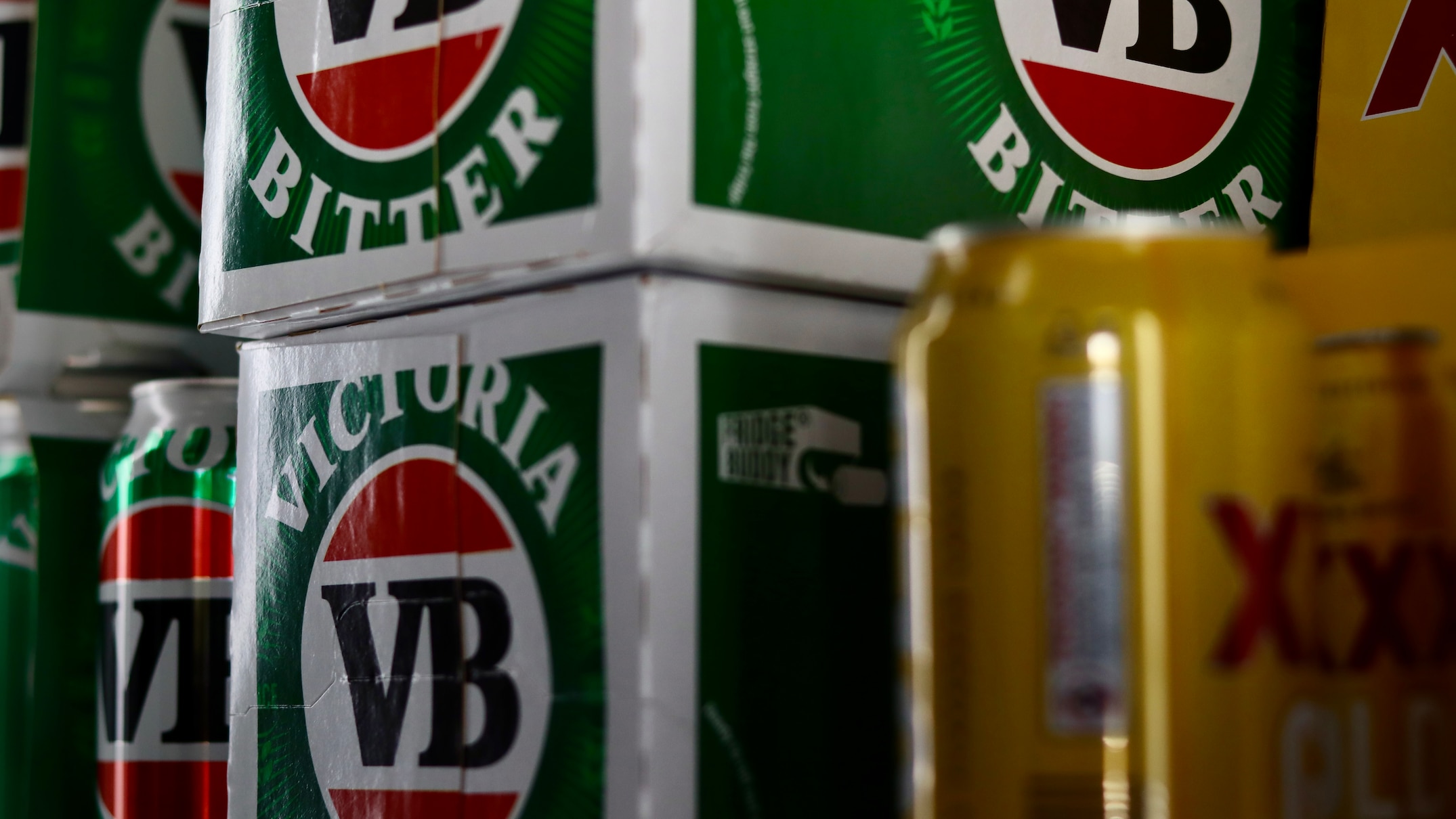WA Liquor Laws Show Mixed Outcomes, Review Reveals

The West Australian government has defended its hardline liquor restrictions after an independent review found the scheme had "mixed" results in reducing alcohol-related harm.
The report's release comes as state parliament debates a new bill looking to lock in the Banned Drinkers Register (BDR) and other measures across a large swathe of regional WA.
In Broome on Tuesday Racing and Gaming Minister Paul Papalia said the restrictions had slashed crime in the Kimberley town.
"We've had an overall drop in overall crime of 33 per cent over the two years since they were introduced," he said.
"In Derby the drop was over 19 per cent for family and domestic violence-related crime.
"It's a positive impact and we want to see it continue into the future."
The BDR, which prohibits individuals from purchasing takeaway alcohol, has been trialled in the Kimberley, Pilbara, and Goldfields regions since 2020.
A 2023 expansion saw the register introduced in the towns of Carnarvon and Gascoyne Junction.
It forms part of a suite of rules established by the state government to tackle problem drinking following a push by police for a blanket booze ban in WA's north.
More work needed, report finds
The one-year report by consultancy giant Deloitte said "ongoing challenges" were hamstringing the controversial policy, including sly-grogging, enforcement powers and a lack of support services.
The report found the impact of the restrictions on community safety was varied, with some anecdotal evidence to suggest a drop in youth crime and property offending in Derby.
Other responses recounted increased aggressive behaviour and theft against licensees.
The report said overall downward trends in crime could not be attributed to the introduction of the BDR and other liquor restrictions.
The report acknowledged the BDR's "promise as a means for alcohol harm reduction", but concluded more work was needed to "fully realise its impact".
"The importance of further data collection and ongoing analysis cannot be overstated," the authors wrote.
"Continuous monitoring will be essential to continue to evaluate the BDR's effectiveness over time and adapt strategies in response to evolving community needs."
Concern over lack of services
Andrew Amor, chief executive of Broome's Milliya Rumurra rehabilitation centre, said a more comprehensive and transparent review was required.
"The Deloitte report showed that there wasn't sufficient time to rigorously evaluate whether the impact was positive," he said.
"We need the data to support this before I'm convinced that this should be permanent."
Mr Amor agreed with the report's findings that stronger wraparound services were needed for the BDR to be a success.
"There [are] not enough services to meet the demand as it is, let alone after something like the impact from the Banned Drinkers Register," he said.
Kimberley Aboriginal Medical Services (KAMS), which represents nine Aboriginal health groups, was harsher in its criticism.
"We stand against the push for more liquor restrictions without simultaneous investment in comprehensive alcohol and other drugs (AOD) services, planning, and infrastructure," the body said in a statement.
KAMS pointed to reforms passed in 2023 enabling police, medical officers, and social workers to list people on the BDR "without proper consultation" with the Aboriginal health sector.
"Our clinics will not be referring patients to the BDR. They may, however, support patients who choose to self-refer," KAMS wrote.
The most recent statistics supplied by the state government show 1,033 people are on the BDR.
In last week 19 people were added to the register by police, from whom the vast majority of referrals stem.
One person was added by a medical practitioner.
Mr Papalia said there was no suggestion a permanent BDR and takeaway alcohol restrictions would increase pressure on support services.
"It's unrelated to these measures," he said.
"These measures did not cause an overwhelming of the system."
'Unintended consequences'
In Carnarvon, where the sale of takeaway alcohol is prohibited between Sunday and Tuesday, business owners say the restrictions are driving away tourists.
Port Hotel owner and former Liberal MP Merome Beard said she supported the BDR, but less targeted trading rules had "unintended consequences" that needed a closer look.
"A lot of these people coming to town want to shop local — they arrive and a lot of them are leaving early," she said.
"The streets are very empty, the caravan parks are very empty.
"This one of the situations that's not helping that."
The reforms to the WA Liquor Control Act are set to debated before state parliament at a later date.
Comments
Post a Comment